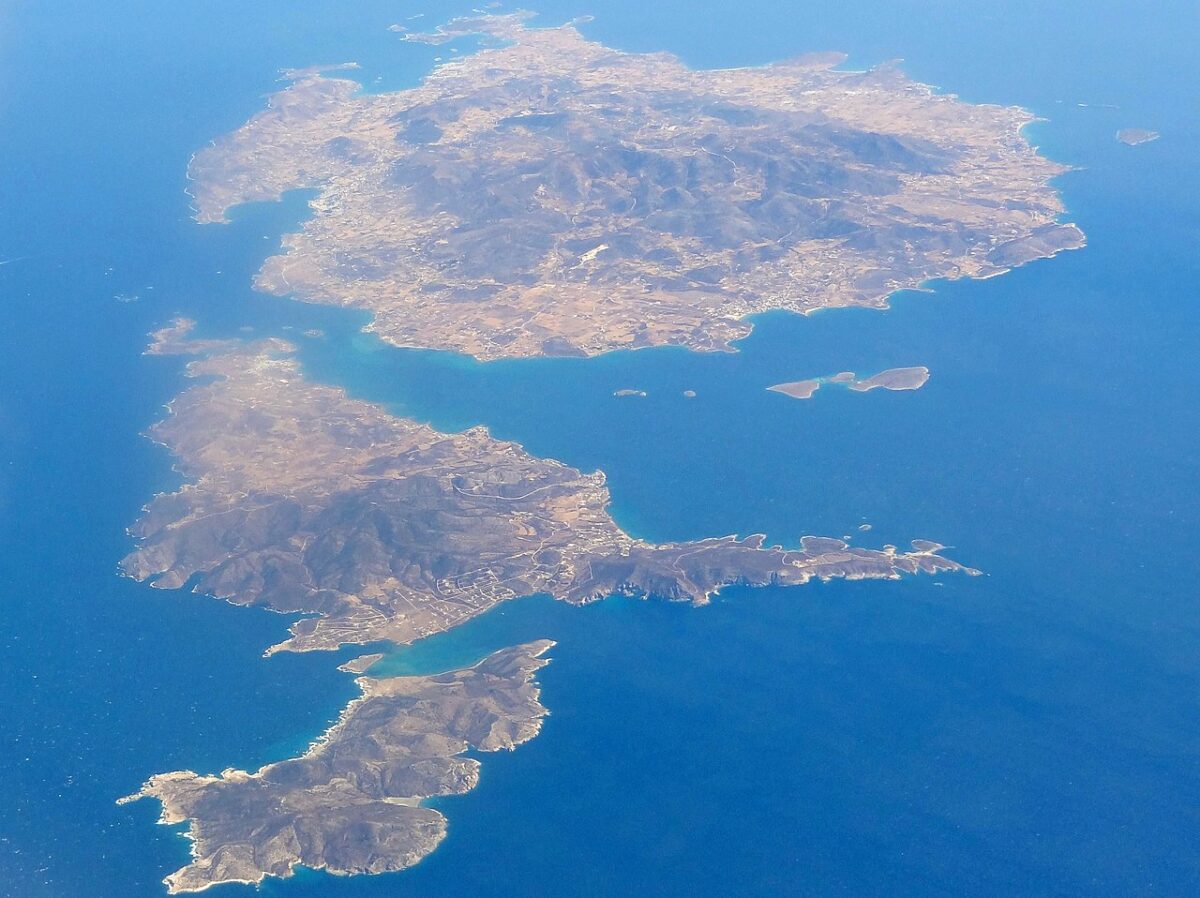The Greek government, the European Commission, and the EIB have signed an agreement in Naxos, Greece, to establish the Islands Decarbonisation Fund, with the aim of financing decarbonization projects on Greek islands.
Greece’s Asset Development Fund (ADF), a state-owned asset management enterprise, will manage the Islands Decarbonisation Fund. Typically, the Greek government assigns several state-owned companies to the ADF, which oversees their privatization.
For the Islands Decarbonisation Fund, the ADF will manage financed projects, initiate tenders when needed, and report to Greece’s Ministry of the Environment and Energy and the EIB, which is also responsible for disbursing funds to approved projects.
Resources and targets
The European Union's Emissions Trading Scheme (ETS) will finance the Islands Decarbonisation Fund. The ETS cap, based on a cap-and-trade approach, is set in emission allowances, which are sold in auctions and can be traded.
“The EU ETS revenue primarily flows to national budgets and member states must use it to support investments in renewable energy, energy efficiency improvements and low-carbon technologies that help reduce emissions,” said the European Commission.
The new agreement allows Greece to tender 25 million CO2 allowances under the EU ETS and use the revenue to fund the decarbonization of its islands.
The price of allowances fluctuates with the EU carbon market, but the Greek government recently stated that, based on the basic ETS price scenario, the Islands Decarbonisation Fund has an initial budget of about €1.6 billion, with the potential to increase to €3.8 billion by 2032.
The tri-party agreement outlines three project categories to be funded: renewable energy and energy storage, with at least half the budget allocated to these; new electricity grid connections between the islands and Greece’s mainland; and infrastructure projects like electric vehicle chargers, cold-ironing at ports, and water treatment plants.
The Islands Decarbonisation Fund should not be confused with the Gr-Eco Islands Initiative, which the Greek government launched in 2021. The Gr-Eco initiative primarily aims to expand small-scale renewable energy and energy storage systems on small Greek islands that are not connected to the mainland grid. While the two are separate, an energy ministry spokesperson recently told pv magazine that the Islands Decarbonisation Fund will serve as a key funding source for the Gr-Eco Islands Initiative.
Greece’s electricity transmission operator (IPTO) recently launched a tender for a new grid line connecting Corinth on the mainland to Kos Island in the Dodecanese islands. The interconnection will feature a 380 km High Voltage Direct Current (HVDC) cable with 1 GW of transmission capacity. The project will mark the first time the independent grids of the Dodecanese islands will be linked to the mainland network.
“The project will enable the gradual phase-out of polluting oil-fired plants, enhance the security of energy supply, and support the green transition of the Greek islands,” said IPTO.
The Greek government has said that it aims to mobilize financing from the Islands Decarbonisation Fund for this project.
IPTO has also signed a new agreement to sell a 20% stake in its subsidiary overseeing the interconnection line between Attica and Crete to China’s State Grid International Development Ltd., a wholly owned subsidiary of State Grid Corp.
This content is protected by copyright and may not be reused. If you want to cooperate with us and would like to reuse some of our content, please contact: editors@pv-magazine.com.



By submitting this form you agree to pv magazine using your data for the purposes of publishing your comment.
Your personal data will only be disclosed or otherwise transmitted to third parties for the purposes of spam filtering or if this is necessary for technical maintenance of the website. Any other transfer to third parties will not take place unless this is justified on the basis of applicable data protection regulations or if pv magazine is legally obliged to do so.
You may revoke this consent at any time with effect for the future, in which case your personal data will be deleted immediately. Otherwise, your data will be deleted if pv magazine has processed your request or the purpose of data storage is fulfilled.
Further information on data privacy can be found in our Data Protection Policy.